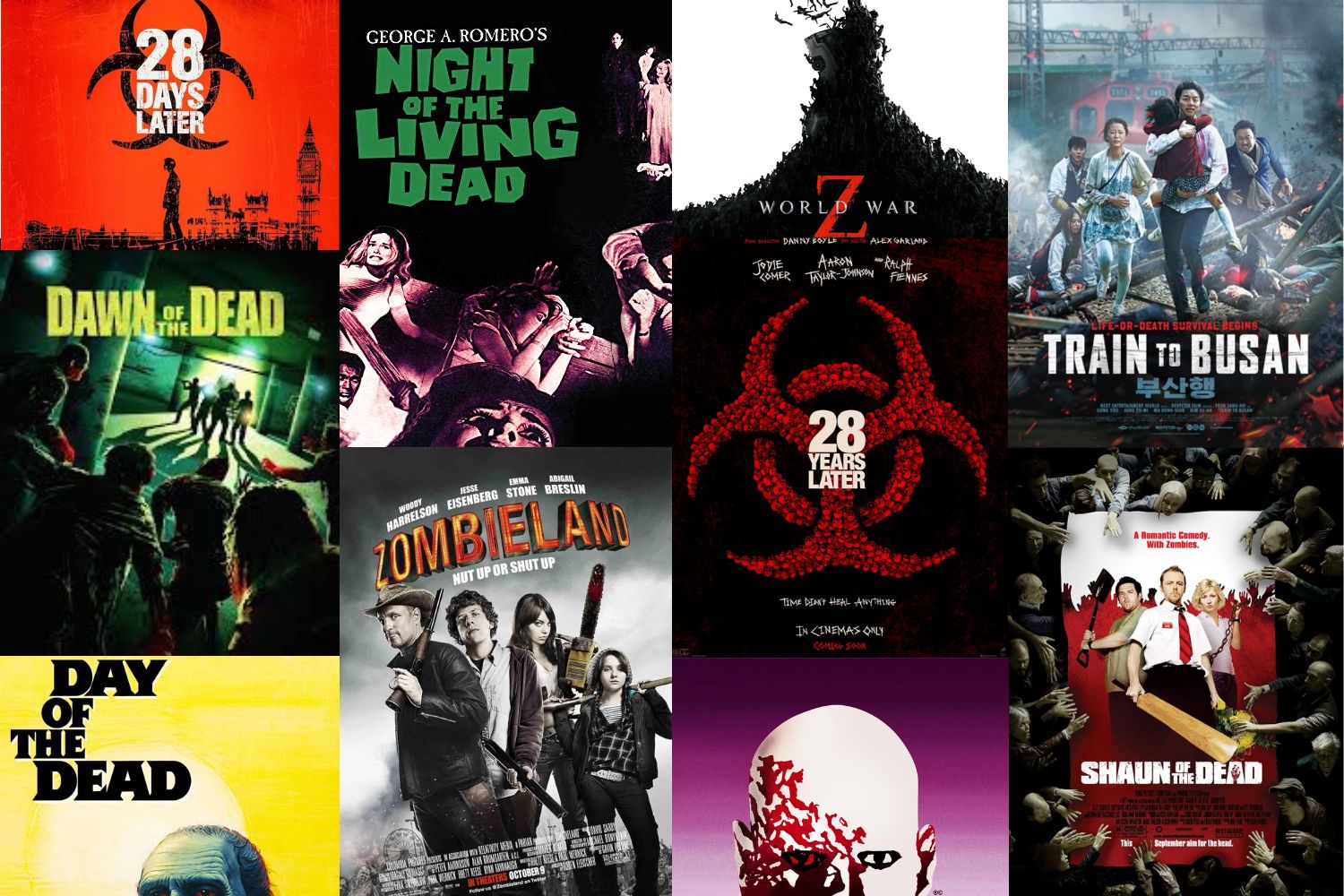Why does it take so long for movies to release in Australia? An explainer
With films like Asteroid City and Past Lives only just hitting cinemas, why do Australian’s have to wait longer to catch the latest hits?

IF YOU’VE scrolled through TikTok in recent months, you’ve undoubtedly come across the ‘Wes Anderson trend’, which features aesthetically pleasing, uber-symmetrical romanticisation’s of everyday life stylised in a manner not dissimilar to Anderson’s cinematography. The viral trend was sparked by the auteurs latest film, Asteroid City, which has been doing the rounds in the USA for more than month, but yet to release in Australia.
Like most popular films, Asteroid City invites memeification. But upon stumbling across this trend, if you’ve found yourself thinking, “Hang on, I haven’t even seen Anderson’s new movie, why is this funny?”—it’s not because you’re devoid of humour or behind on the latest aesthetic (although, we wouldn’t blame you if so). It’s because you couldn’t have seen Asteroid City, and many other popular films like it, because it takes forever for Hollywood blockbusters to reach Australia after their initial American debuts. Hell, Asteroid City came to streaming in the USA before it came to theatres in Australia.
So, if you’re becoming increasingly frustrated with not being able to participate in the latest trends, and wondering why the movie gods aren’t letting you experience the latest cinematic innovations when the hype is at its apex, allow us to explain.
Why do films release later in Australia?
There are a variety of reasons why films often have delayed release dates in Australia that extend beyond the apathetically cruel whims of a few studio executives. There are a handful of guidelines that dictate the best time to release a movie, which differ from country to country. The biggest of which is that holiday periods are the box office’s prime time.
Film studios want to guarantee that when they release a film, people actually have enough time on their hands to watch it. It’s for that reason that during the American summer and winter holiday periods, new releases come thick and fast. The only problem with that tradition is that Australian holidays rarely line up with American holidays. So, releases are delayed to more suitable times rather than brought forward. Usually the most suitable time is in the school holidays, when a trip to the cinema promises parents at least a few hours of silence in the absence of noisy kids.
Stiff competition from rival films can also shuffle around a release schedule. In the case of Asteroid City, releasing around the same time as Barbie and Oppenheimer would be a daunting undertaking. Pushing back the films international release until after the Barbenheimer hype died down was a financially savvy move, and one that makes sense because let’s be honest, like most cinemagoers, you were probably feeling slightly worn out after the Barbie and Oppenheimer double header, and the thought of sitting through another film in short succession could’ve been enough to induce a yawn.
Surprisingly, Australia’s penchant for producing A-list actors actually works against us when it comes to release dates. Studio’s want their stars to be on hand to promote their films, but they can’t be at a global premiere in New York and a local premiere in Sydney at the same time. For that reason, if an Aussie actor has a major role in a film, its release will sometimes be delayed in Australia so that actor can promote it from their home country. We saw this earlier this year when, before she was Barbie, Margot Robbie starred in Babylon. To accommodate an Australian premiere with Robbie in attendance, the films release date was pushed back by almost a month–much to the chagrin of fans desperate for their Margot fix.
But I saw #barbenheimer on opening night, so not all films release later in Australia, right?
Yes, that’s correct. Sometimes we Australian’s are lucky enough to see movies at the same time as everyone else, like with Barbie and Oppenheimer, but it isn’t too common. With Barbie and Oppenheimer, the global hysteria surrounding the films meant that demand was high and that competition between the two films aided in their appeal, rather than taking away from it. Meaning that releasing on a random Thursday in the middle of winter wasn’t going to deter Australian cinephiles anyway.
Why do release dates matter?
The box office success of a film hinges on far more than the film being entertaining. Marketing has played a major role in some of the biggest box office hits and flops of the 21st century, and a rock-solid release date is a huge aspect of marketability. Moviemakers want to maximise profitability, and that means releasing films when competition is at its lowest and audience interest is at its highest. There’s an art to selecting the ideal release date, it’s just unfortunate that Australia frequently gets the raw end of the deal.
Will standardised global release dates become the norm?
Streaming services have caused massive disruptions in the film industry, and that extends to release dates. Global streaming services typically don’t discriminate when it comes to choosing where fresh content debuts, and the practice of ‘content dumping’ (where a new movie or series is released in its entirety, in every region, on the same day) has proven to be effective. Whether theatre releases will take note of the content dumping strategy remains to be seen, but really, as long as we can watch movies before they’ve become last month’s topic of discussion, we’ll be happy.

Related: Is it just us? Or are films getting longer?
Related: What to stream in August 2023




















